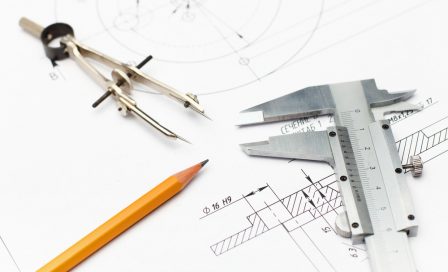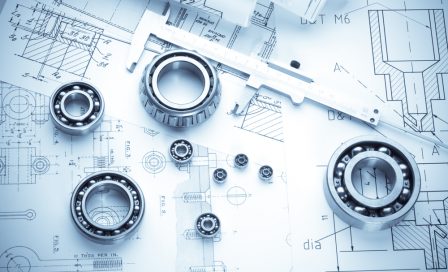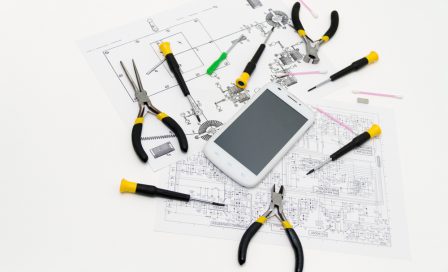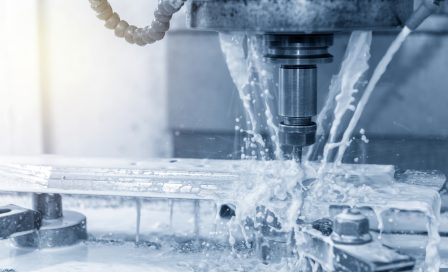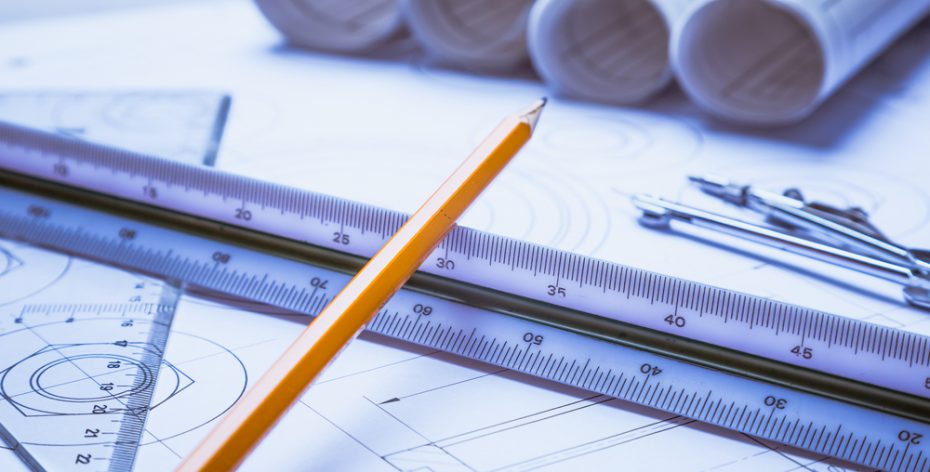
Search and selection of the welder
Who’s the welder and what does he or she do?
This professional figure corresponds to a highly qualified worker, so the search and selection of the welder to be employed in a company or workshop is a rather complex operation that requires a lot of attention in order to choose exactly according to the skills possessed.
Specifically, the welder has the task of welding two elements, an operation that requires a broad knowledge of the materials with which he or she works, their chemical-physical behaviour in the presence of high temperatures and the use of the appropriate tools to carry out the work undertaken correctly.
It follows that the welder must also be able to maintain the tools he or she uses daily, knowing how they work and the best intervention techniques in case of problems or malfunctions. Despite the introduction of automation in the various phases of industrial production, the welder remains a fundamental figure for companies as, in addition to his or her specific manual skills, he or she must be familiar with the automatic machines, including the robots used in welding, so as to follow the processing phases and intervene in quality control.
From a theoretical point of view, the welder must have a deep competence in the field of metals and their behaviour when they are subjected to different stresses, he or she must know the various types of welding and be aware of all the regulations concerning accidents and safety at work.
The research and selection of the welder is carried out by steel companies, civil and industrial shipyards, mining factories, construction companies of various types and all companies involved in the installation of gas, sewer or water pipelines.
Specialisations in the field of welding
The professional figure of the welder includes specializations in different areas, depending on the type of methodology used. Specifically, there are workers specialized in electric welding or flame welding.
Electrical welding: this sector includes workers who work in the welding of metals with electrical tools, different according to the work to be carried out and the place where they work, i.e. construction site or workshop. The electric welding machine used can be arc or wire and is used to join parts of aluminium, iron or steel objects. The welded parts will then form a product used both in the domestic environment (gates, boilers, windows, etc.) and in the industrial environment (machinery).
Flame welding: gas torches are used to weld metal and, usually, also to cut parts of various types. A worker specialized in flame welding, in fact, can draw a draft of the drawing on the sheets, cut it and then join the individual pieces to obtain a finished result. Usually, to carry out the work he or she relies on a technical drawing.
Professional training of the welder
The welder has the task of assembling, by welding, the parts of an artifact. To access this work, therefore, specific training and the acquisition of a special patent are required. Since 2014, Italy, in fact, has complied with European legislation that provides for qualification tests for welders who work in factories and workshops. The licence in question must be issued by a certified body and demonstrates that the welder is able to use work tools such as electrodes, torch and welding torch in a suitable and conscious way to perform a high quality job, as well as being aware of the various welding processes involving different materials.
The welder’s licence is obtained after passing an examination at an authorised centre at European level and is valid for two years, after which it is necessary to take a new examination for renewal. It is important to bear in mind, however, that the patent is owned by the welder but also by the company for which he or she works; this means that in the event of termination of the contractual relationship before the natural expiry of the patent, this would have no value in another working context and it would still be necessary to take another examination. In addition, there is a special patent for each welding technique. The welding carried out during the examination in front of a qualified inspector is subjected to a careful visual and radiographic evaluation in order to assess its quality. In fact, it must be perfect and free of any danger of breakage, otherwise the examination will not be considered passed. The examination can be taken either after attending a course or by private individuals if the welder already has proven experience in the field.
Anyone who wants to become a welder and therefore take the exam for the patent, but has no experience, must attend specific vocational training courses, whose level depends on the knowledge of entry. The duration of the courses is variable and is linked to the type of subject you wish to study in depth and the provider. In some cases, especially for specialisation courses, prior knowledge of the main topics is required. The preparation is carried out in order to obtain the Professional Habilitation ISO 9606-1.
Skills of the welder
In order to carry out a targeted and specific research and selection of the welder, it is good to know that this professional figure must necessarily have technical but also theoretical skills. In particular he or she must know:
- materials technique;
- reading the technical drawing;
- functioning of the instruments, i.e. the electric arc and wire welder, the laser, the flame;
- maintenance of instruments and machines;
- working in the presence of different materials;
- assembly and installation;
- behaviour of metals and alloys;
- manual ability, precision and reliability;
- ability to use different measuring instruments;
- resistance to physical work;
- knowledge of the regulations on safety at work.
The welder, as well as taking care of the actual welding through various machines and tools, is also directly responsible for the quality of the work carried out, so at the end he or she must verify that the product has no anomalies or may cause subsequent malfunctions; for this reason he or she may also be called to fill in specific quality control forms within the company. The welder, then, must also be able to intervene promptly on faults and revisions of the instruments he or she normally uses, identifying any critical points.
Working characteristics of the welder
A welder can find use mainly in mechanical production departments in a wide range of companies, from small workshops to industries or construction sites. Naturally, his or her position depends on the degree of specialization he or she possesses, as well as the possibility of a career within the working environment. In this case, in addition to the experience gained, management and interpersonal skills will also be important. By virtue of these characteristics possessed, a specialized welder can be employed as site manager, in any case, have tasks involving different degrees of responsibility. When searching for and selecting a welder, it should be borne in mind that he or she is not always easy to find on the market, precisely because he or she requires a high level of specialist training and the appropriate licence. This problem is more evident in the case of electric welders, while flame welders are more common. Although the work of a welder is quite tiring from a physical point of view, it offers a great possibility of personal growth and job opportunities because this specialization is necessary in a large number of companies.
Working hours are obviously linked to the working realities in which the welder performs his or her work and may also include shifts that in large industries, may be necessary to ensure a continuous cycle in production, so even at night or on holidays. The welder must use special personal protective equipment, which consists of suits, masks and gloves as the work exposes him or her to continuous health risks, especially related to heat. Once the licence has been obtained, a welder could access a series of professions, both in the case of flame and electrical specialisation. These include the electric brazer, the roller, arc, spot, pressure and spot welder or the tin, atomic hydrogen and fusion welder, the oxyacetylene cutter, the tubular welder or the special alloys and metals welder.
For further information you can write to info@easytalent.it or fill in this form.

